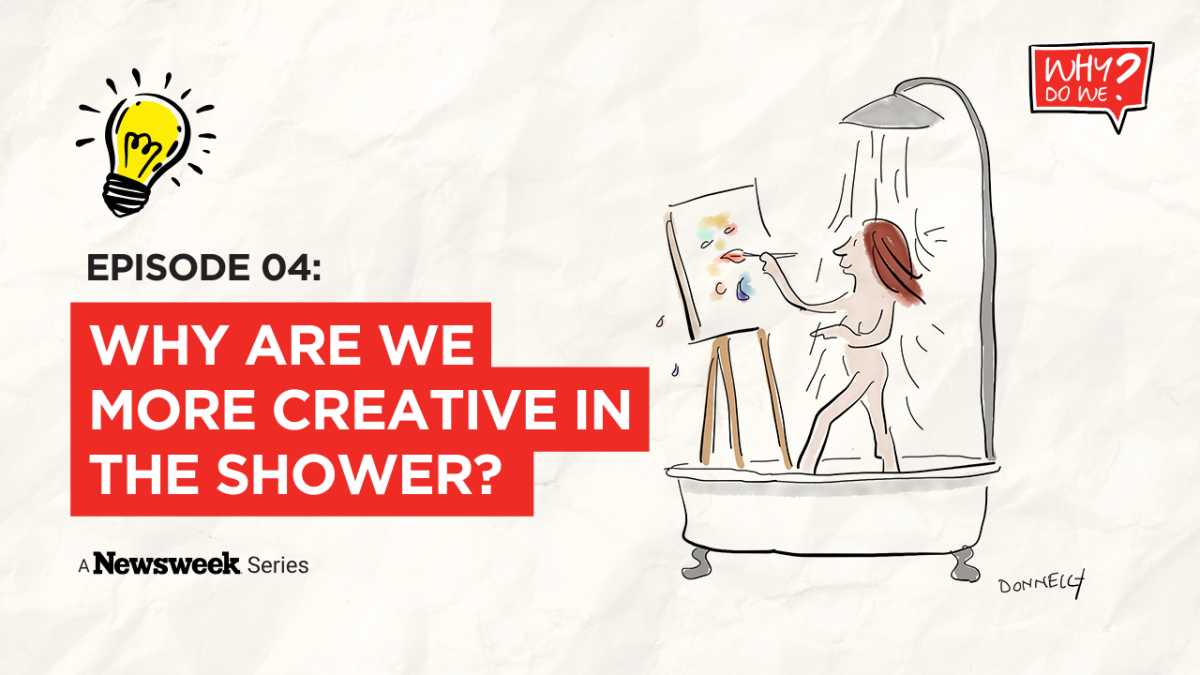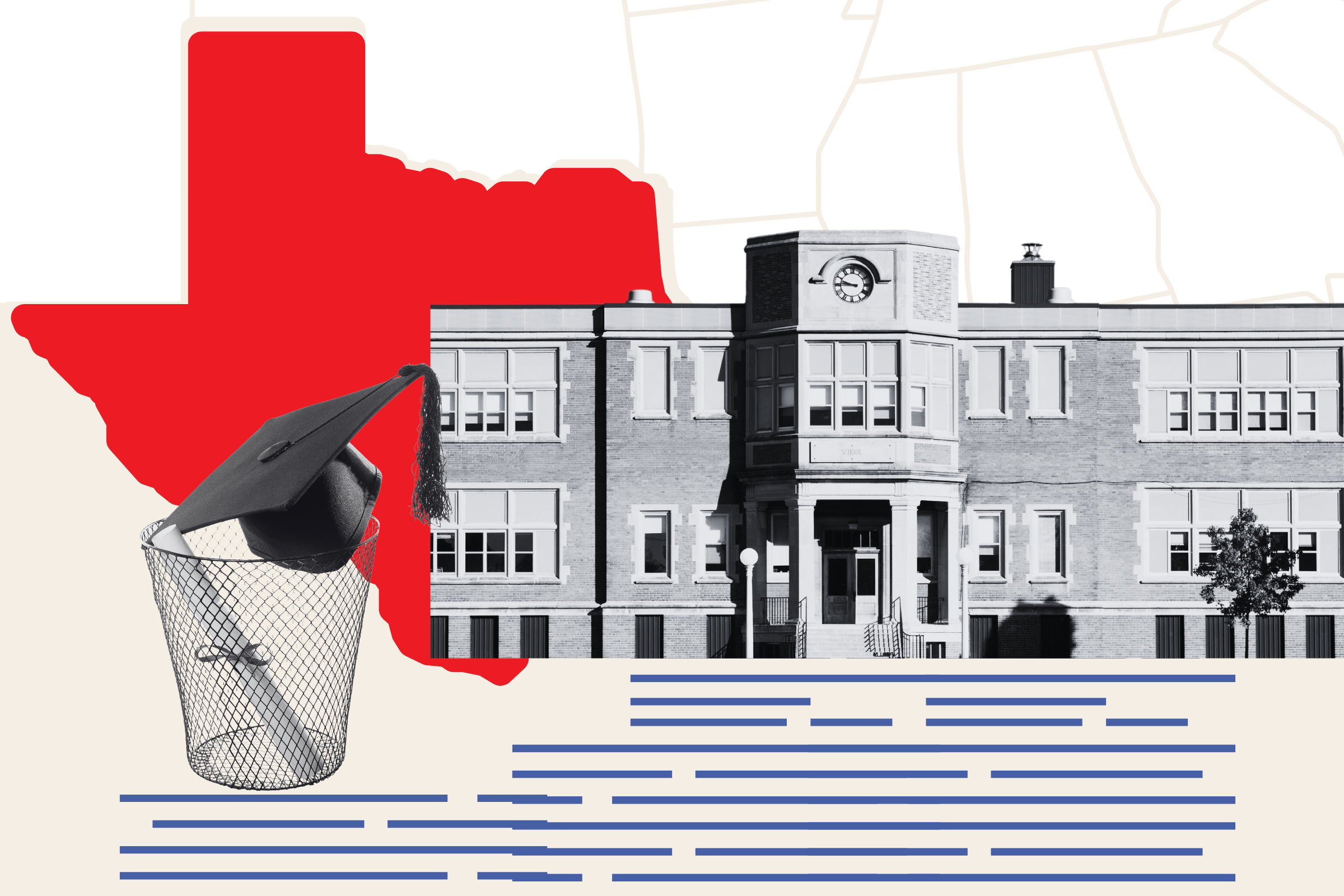Editor's note: This column is part of 'Why Do We?' — a weekly video series hosted by culture expert Martin Lindstrom that untangles unique quirks of human behavior. Click here for the full series page.
Why do we think better in the shower? Or, for me: why do I think better when swimming? Since I began writing books some two decades ago, I've realized that creativity and creative problem solving don't float equally everywhere. Try to be creative while stressed or in transit, and I'm pretty sure you won't end up with much.
One day, many years ago, I was swimming when I found that the wording for a particular letter which had been plaguing me for days suddenly resolved itself in a matter of minutes. It was like I'd tapped into a free floating pool of ideas and alternative thoughts, and just by changing my environment, the thoughts formed into words which became coherent sentences. Two lanes and the letter was all but sent off.
It didn't take long for this strategy to transform itself into a habit and for my brain to associate the pool with problem solving. I started placing a pencil and paper on the side of the pool, which led to frantic — and admittedly often illegible — notes. Eventually, a system emerged: while swimming, I'd identify a single word that encapsulated my thoughts, and then remembered an acronym to keep the idea fresh until I was finished with my workout. Crazy as it sounds, four of my books were conceived underwater using this very method.
As usual, I thought I was alone in this methodology until a conversation with a fellow swimmer revealed that she did exactly the same thing: the utilization of water to promote and generate free thinking! The more I started talking about it, the more people started coming out of the woodwork, admitting that they did the same thing. And it's not just pools; apparently doing the wash or standing in the shower can do for others what swimming has done for me.
The question is why?
Meet Nolan Bushnell: named by Newsweek as one of The "50 Men Who Changed America," for his work inventing one of the world's first computer companies (Atari) and for launching the video game revolution. Besides being well in tune with his inner child, Nolan has a firm grasp of where creativity manifests and understands what it takes to think outside the box. It should come as no surprise then to learn that Nolan is also the brains behind the Chuck E. Cheese chain.
I found Nolan in his inventors garage – his sanctum – located next to his home. Despite being 81, I felt like I was in the room of a 20 year-old kid: piles of toys, computers, engines, planes, and there was Nolan, sitting in the middle of it all with a toy bird flying over his head.
Nolan's secret? A dice! Every year for the past two decades Nolan has written down personal and often very disruptive challenges meant to rip him out of his comfort zone. Each challenge is numbered, and then come New Years Eve, he quite literally rolls the dice. Three years ago he landed on number 3: "Write a book." In spite of his dyslexia, Nolan tackled the challenge and went on to publish a book that wound up on the global best-seller lists.
"Why do you do this?" I asked Nolan.
Nolan smiled. "Because it keeps me alive. IF you constantly disrupt yourself you never fall asleep."
Now to bring it all full circle, take a guess at what Nolan's secret tool is for generating creative ideas: ...the shower!
Or "a Nolan idea machine," as he called it. Join me as I sit down with Nolan Bushnell to sift through the mysterious link between water and creativity. Who knows, he might even show you the secret for how to become younger.

Uncommon Knowledge
Newsweek is committed to challenging conventional wisdom and finding connections in the search for common ground.
Newsweek is committed to challenging conventional wisdom and finding connections in the search for common ground.
About the writer
Martin Lindstrom is the author of several New York Times best-selling books, including "Buyology," "Small Data," "Brandwashed," and "The Ministry ... Read more
To read how Newsweek uses AI as a newsroom tool, Click here.








